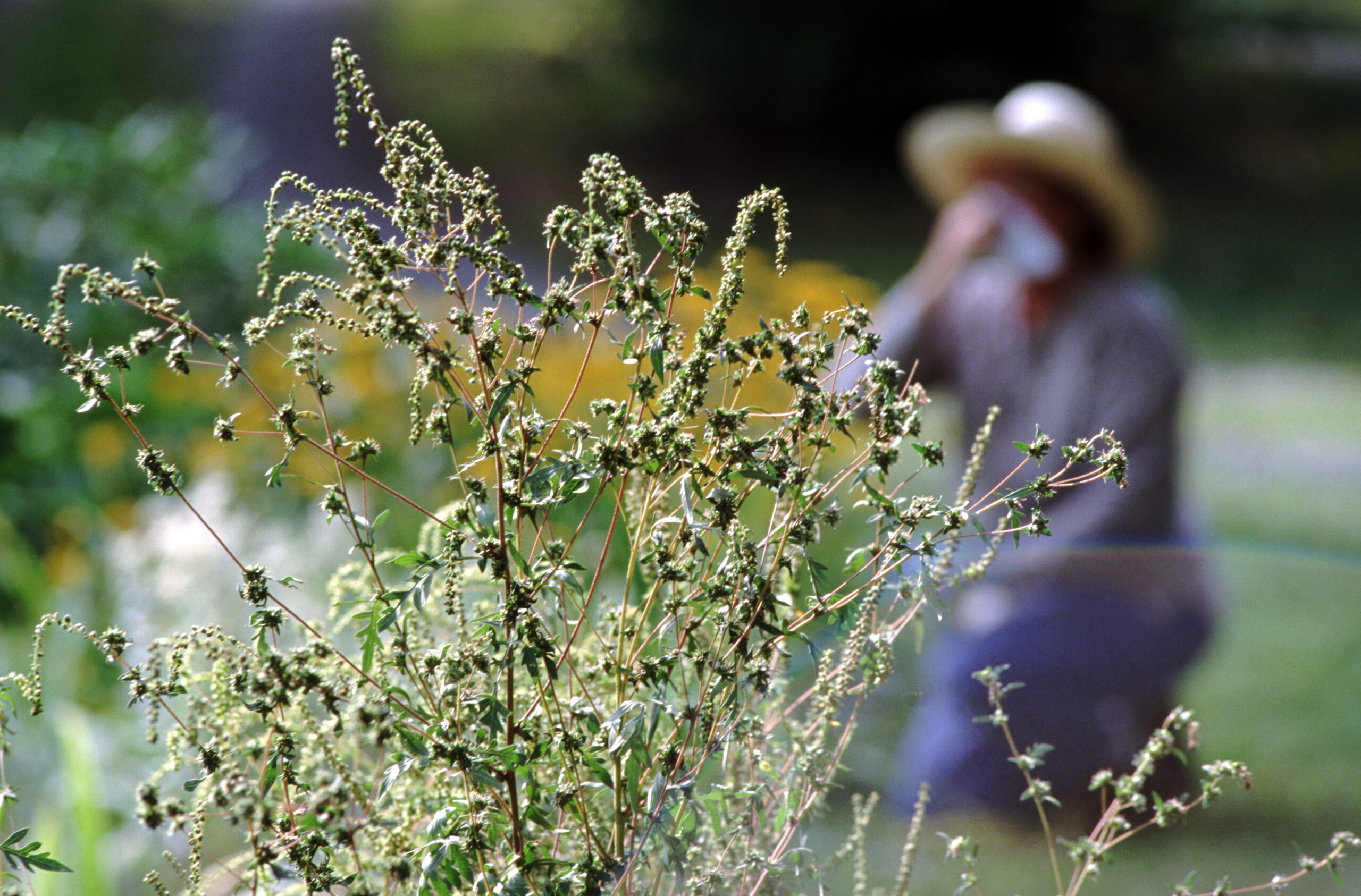Tennessee is notorious for its intense spring allergy season. But fall allergy season can be a real problem, too.
“Different allergens are present in Tennessee in the fall,” says Dr. Susan Owensby, a medical director at BlueCross BlueShield of Tennessee. “Even if you don’t suffer from spring allergies, you could be sensitive to allergens present during autumn.”
If you’re proactive about managing your allergies, you’ll be better able to enjoy the football season and other outdoor fall activities.
What causes fall allergies
Dr. Owensby: Fall allergies are typically caused by airborne allergens. The most common symptoms include:
- Runny nose
- Itchy eyes
- Sneezing
- Congestion
- Post-nasal drip
In the spring, tree pollen, along with grass and mold, tends to cause most seasonal allergy symptoms in Tennessee. Think: oak, maple, willow. A few months later, weed allergy season arrives. Ragweed is a major culprit of sneezing and sniffling in the fall. Mold spores can also be a factor.
The weather in autumn also plays a role. Ragweed pollen can travel a long distance in gusty conditions. Mold is more likely to collect inside homes that keep windows and doors shut for cooler temperatures. While ragweed pollen levels tend to peak in September, fall allergy season can last through early November.
How to manage your symptoms
Dr. Owensby: If you dread autumn because you know that your allergies are going to start up, you can take steps to reduce your symptoms.
First, you can try over-the-counter allergy medication. A good first-line treatment is an intranasal steroid spray. It delivers medication right into the lining of your nasal passages. It can help reduce nasal congestion, sneezing, and runny nose with few side effects.
Other tips to make it through fall allergy season:
- Rinse your sinuses with a saline solution.
- Check pollen counts in your area.
- Close windows if it’s a high pollen count day, so pollen doesn’t collect inside your home.
- Dust and vacuum regularly.
- Use an air conditioner with a high-efficiency particulate air (HEPA) filter.
- Shower before bed so you can wash pollen out of your hair and off your body.
- Wash your sheets and linens regularly.
WellTuned guide to exercising outdoors with allergies
When to see a doctor
Dr. Owensby: If you’re still having issues, talk with your primary care doctor. Your provider can help you determine if an evaluation by an allergy specialist might be right for you. You may need prescription strength allergy medications. Another possibility might be immunotherapy shots or drops.
Also, if you have symptoms but have never been tested for allergies, ask your doctor about testing. The results can help your doctor recommend the best treatments for you. They can also help you understand patterns, know your allergy triggers and take action when necessary.
WellTuned real story: navigating through allergies and asthma
“If you have asthma, you may want to be extra vigilant about staying on top of your allergies,” Dr. Owensby says. “Allergens can sometimes trigger asthma attacks, too.”
More from Dr. Owensby on WellTuned
Get more information about specific health terms, topics and conditions to better manage your health on bcbst.com. BlueCross BlueShield of Tennessee members can access wellness-related discounts on fitness products, gym memberships, healthy eating and more through Blue365®. BCBST members can also find tools and resources to help improve health and well-being by logging into BlueAccess and going to the Managing Your Health tab.


